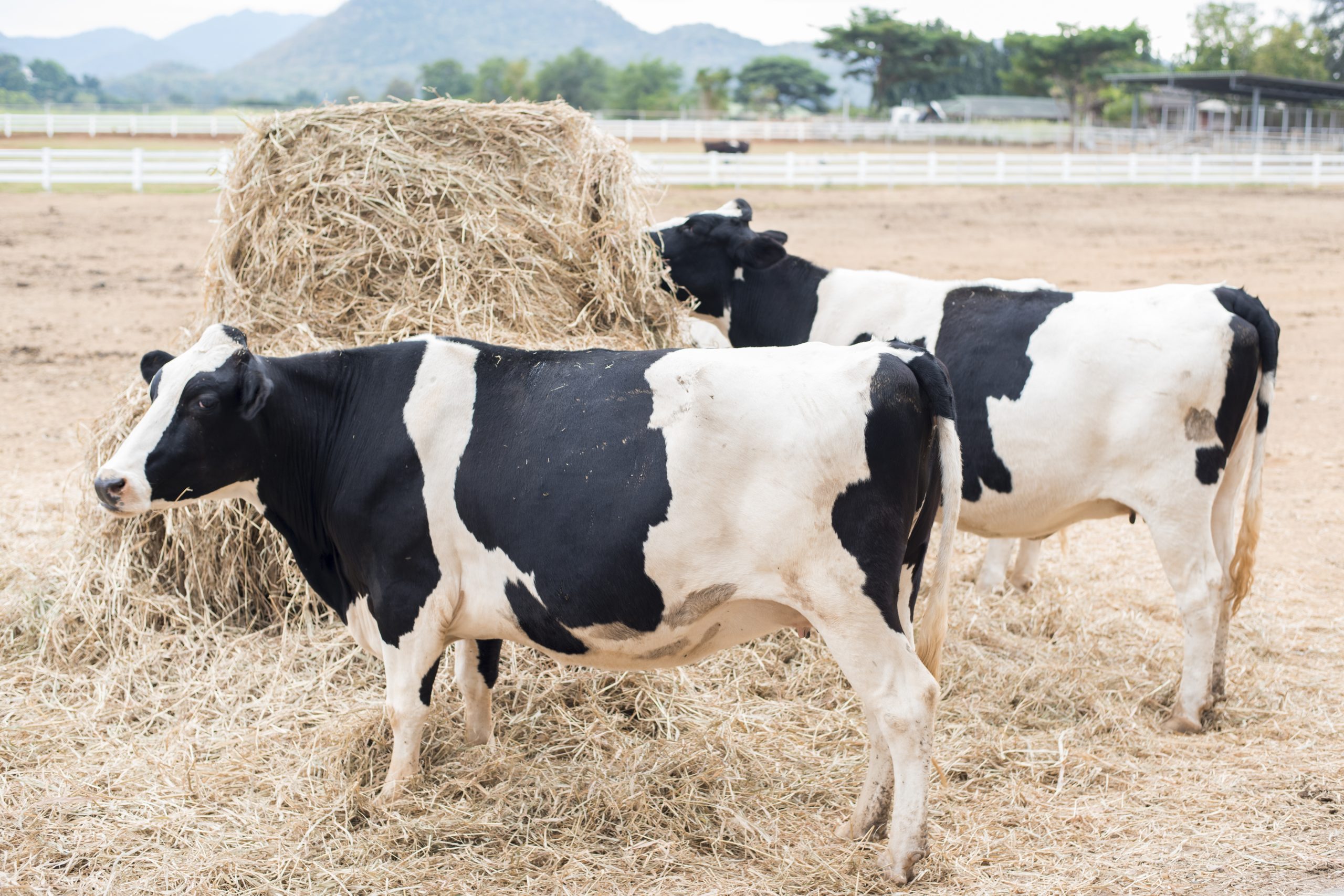The Pirbright Institute and the Royal Veterinary College (RVC) have launched a collaborative project aimed at significantly reducing methane emissions from cattle through the development of a new vaccine. This project, supported by a $9.4 million grant from the Bezos Earth Fund, seeks to utilise cutting-edge biotechnology to achieve a more than 30% reduction in livestock methane emissions, addressing a major contributor to climate change. Livestock are a major source of methane, a potent greenhouse gas significantly contributing to global warming.
The project, described as a “moonshot” by researchers, is developed in collaboration with the Global Methane Hub’s Enteric Fermentation R+D Accelerator. It aims to fill significant knowledge gaps, such as understanding how antibodies inhibit methanogen growth, identifying effective vaccine-induced antibodies, and determining specific methanogen surface antigens. These insights will guide the development of an effective methane vaccine. The vaccine offers a universal, scalable, and cost-effective solution that can be integrated into existing farm management systems.
Dr. Andrew Steer, President and CEO of the Bezos Earth Fund said, “This groundbreaking research explores whether a moonshot to cut livestock methane emissions is achievable. Vaccines have proven to be incredibly effective in global health, and if we can apply this approach to cattle, the potential for reducing emissions is immense. The Bezos Earth Fund is committed to high-risk, high-reward projects like this, which have the power to transform our efforts against climate change.”
The research involves two key components. The first is the early development of immune response in which the researcher at RVC in collaboration with (CSIC) Consejo Superior de Investigaciones Científicas, will map the early colonisation of methane-producing microbes (methanogens) in calves and their immune responses. The second component focuses on antibody response and vaccine development, where researchers from Pirbright Institute and AgResearch will focus on identifying effective antibodies that can target methanogens. By driving cross-reactive antibody responses and generating panels of antibodies, researchers aim to establish a proof of concept for a methane vaccine.
Professor John Hammond, Immunogenetics Group Leader at Pirbright Institute, explained, “We’re not developing a methane vaccine per se, but rather defining what a successful vaccine needs to achieve. By understanding the precise antibody responses required, we can provide a clear path forward for vaccine development. This approach reduces the trial-and-error aspect and focuses on targeted, high-resolution immunology.”
Dr. Dirk Werling, Professor of Molecular Immunology at RVC, emphasised the importance of understanding early coloniation of methanogens and the immune response. He stated, “Our work aims to provide the foundational knowledge needed to develop effective interventions. By combining our efforts with Pirbright and CSIC, we’re making strides toward a sustainable solution.”
